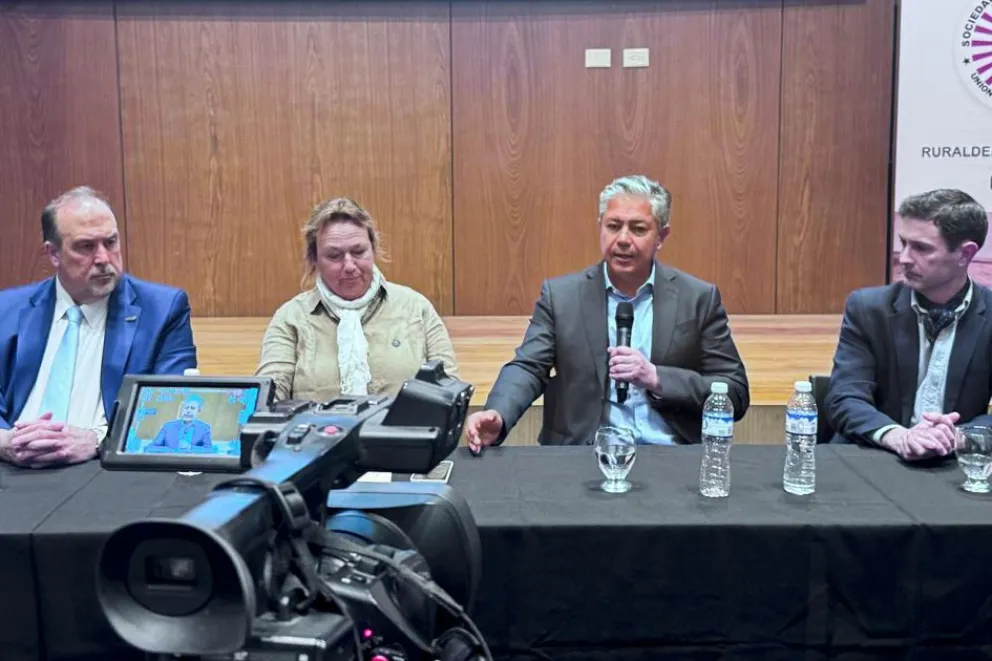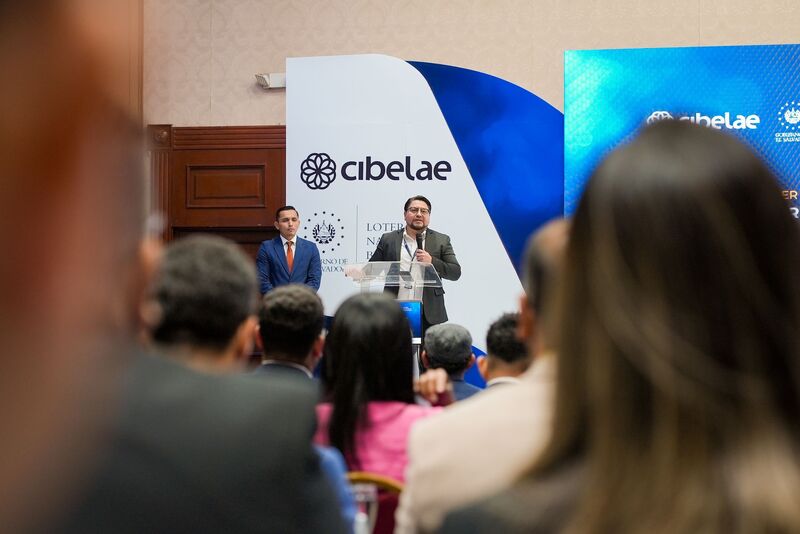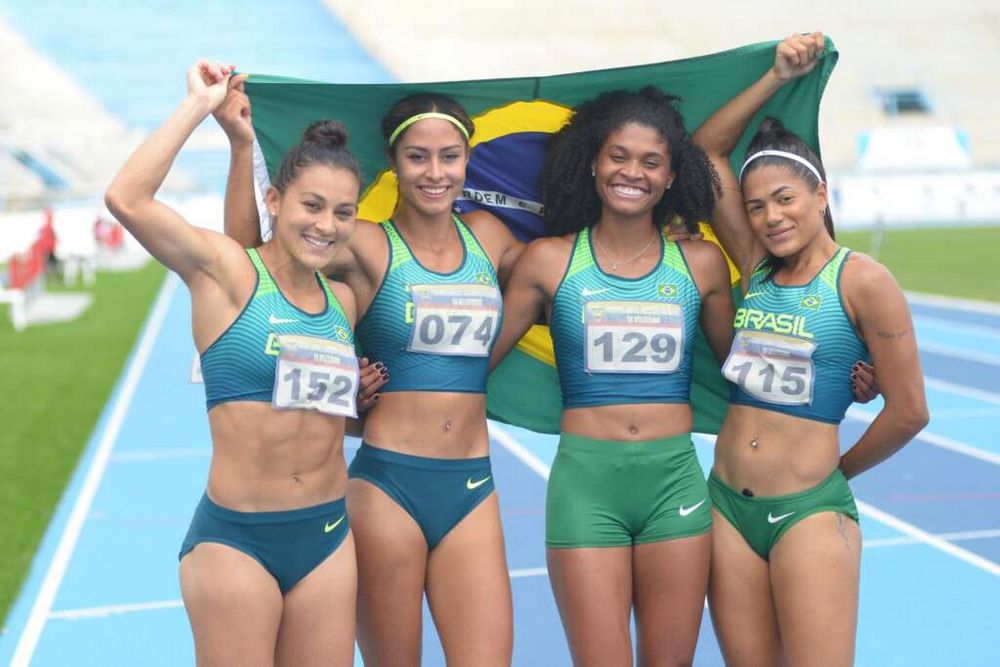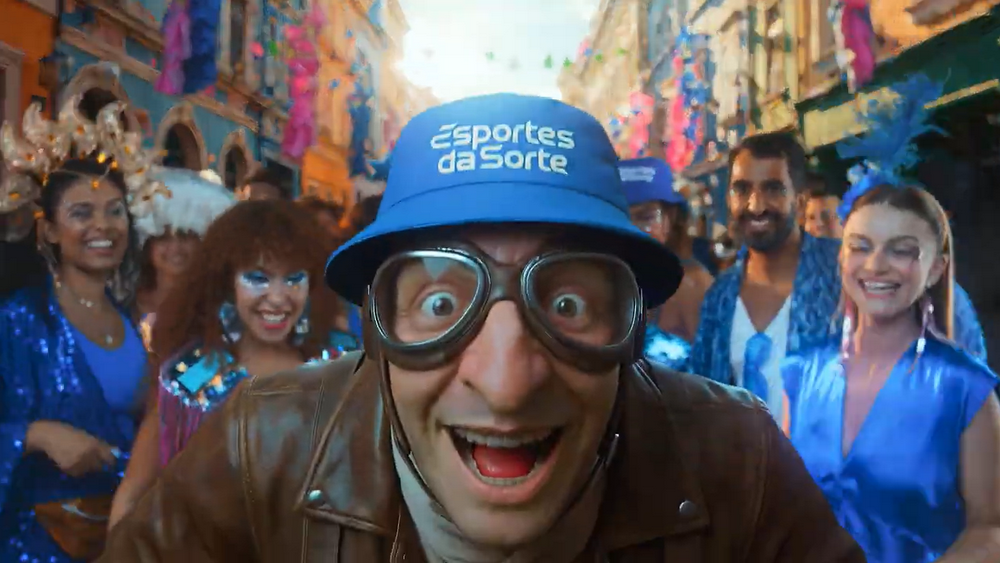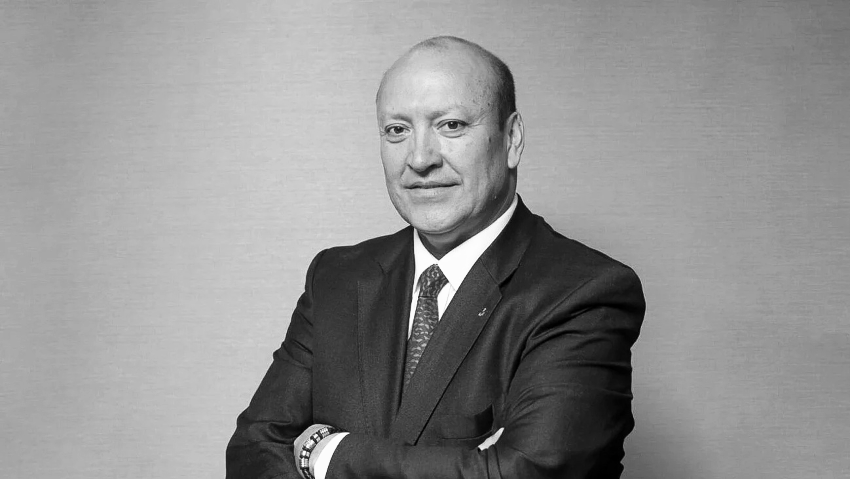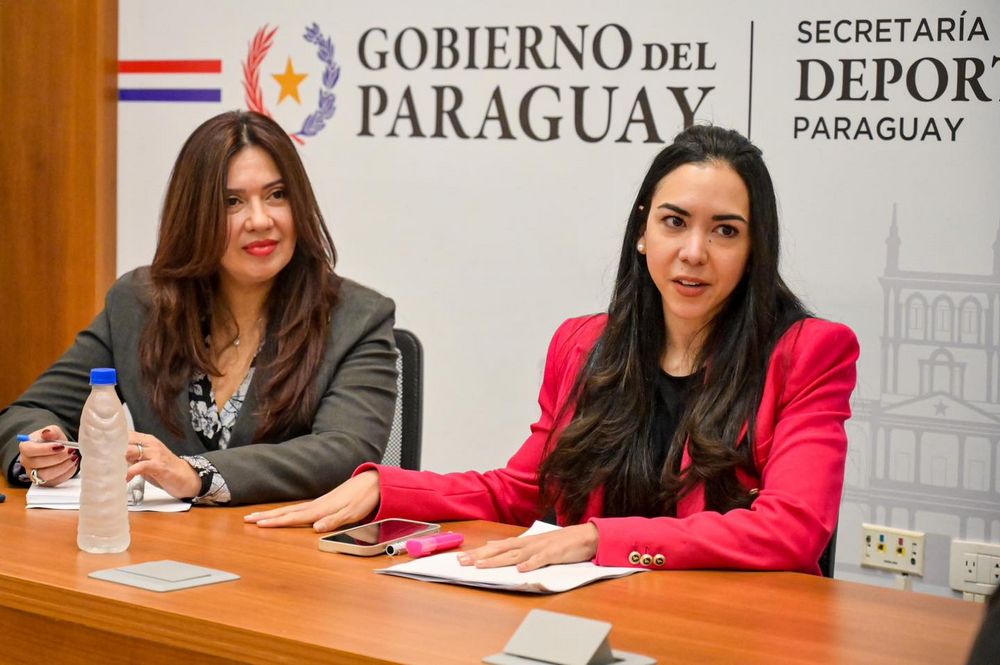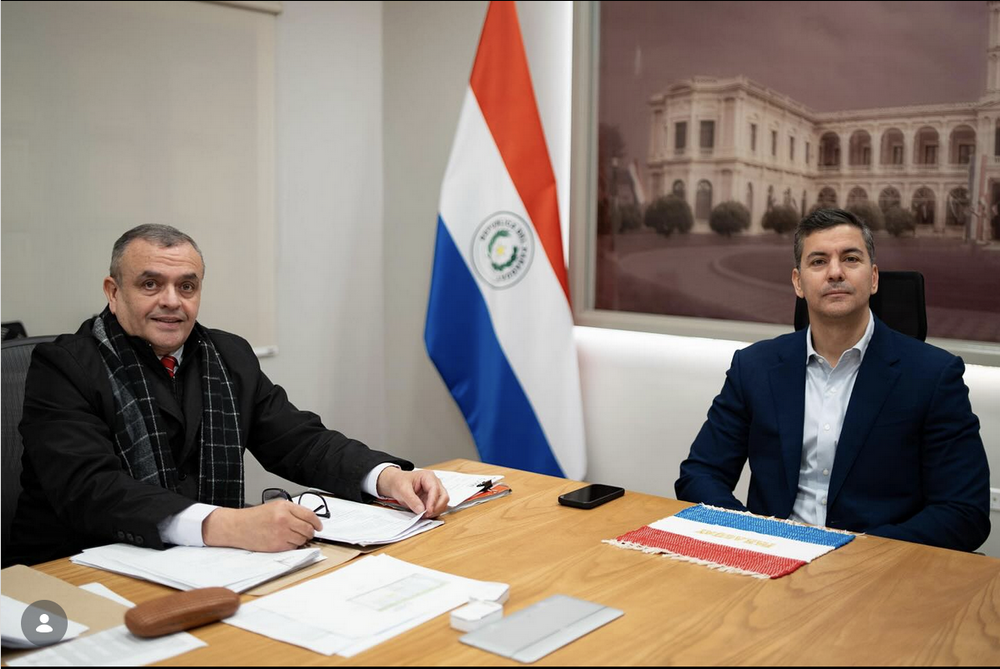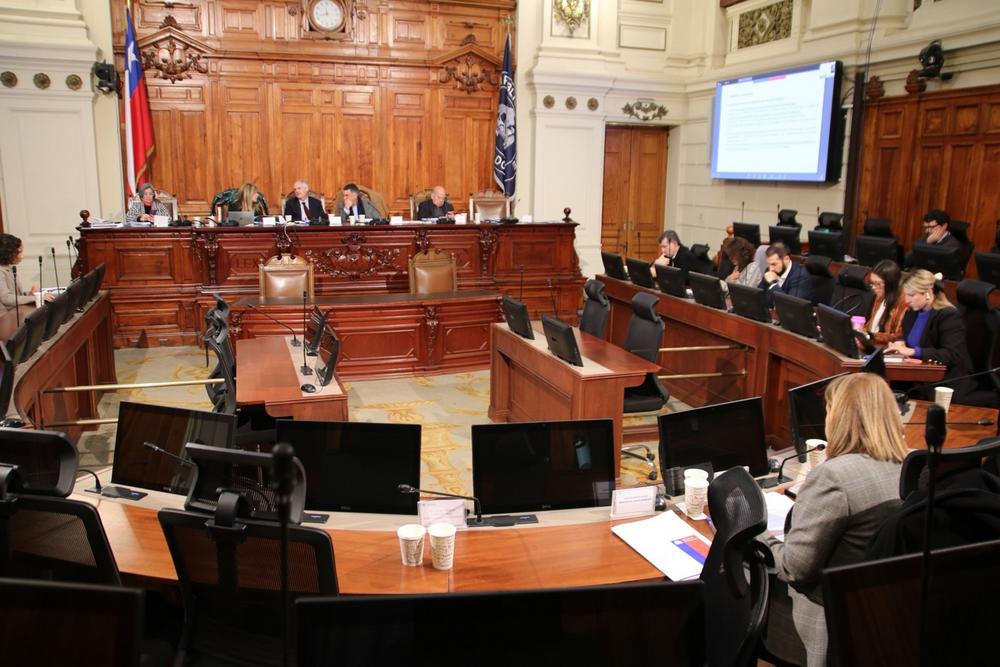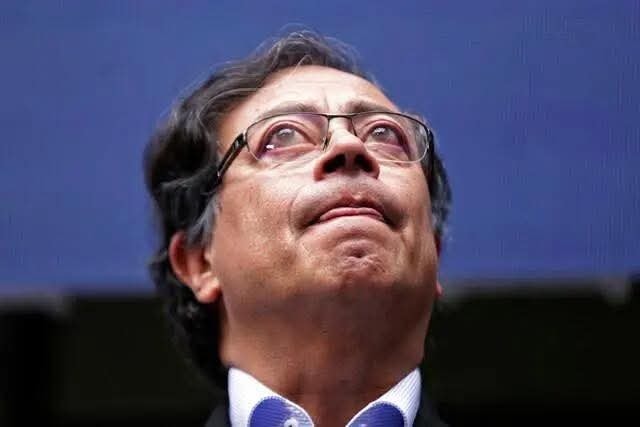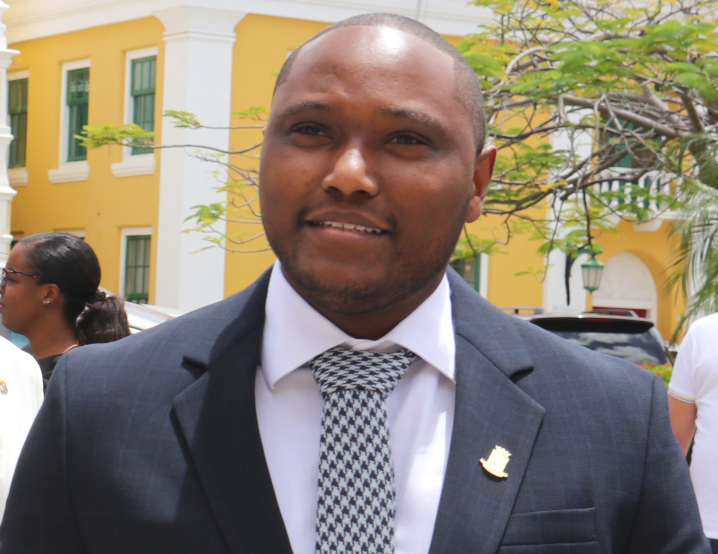In a decision that could have far-reaching implications for the offshore gaming industry, a Curaçao appeals court has upheld journalist Nardy Cramm’s right to describe the island’s sub-licensing system as “illegal,” challenging long-standing practices by master license holders like Cyberluck Curaçao N.V.

Cyberluck, one of four entities authorized to issue sub-licenses under Curaçao’s outdated gaming framework, had sued Cramm for defamation following her critical reporting on what she labeled an opaque and weakly supervised regulatory scheme. While a lower court initially sided with Cyberluck, the appeals court reversed that decision, citing the fundamental importance of freedom of expression and public interest journalism.
Netherlands forcing regulations in Curacao

The verdict marks a potential turning point for Curaçao’s gaming industry, which has faced increasing international scrutiny over its licensing regime. Legal experts say the court’s recognition that criticisms of the sub-licensing model are “justifiable” could embolden calls for reform and undermine confidence in existing licenses.
Cyberluck is appealing the ruling to the Supreme Court of the Netherlands, seeking to protect its commercial reputation and validate the legal integrity of its operations. However, the damage may already be done: the court’s language signals that even at a legal level, Curaçao’s system of delegating regulatory power to private entities is open to valid criticism.











